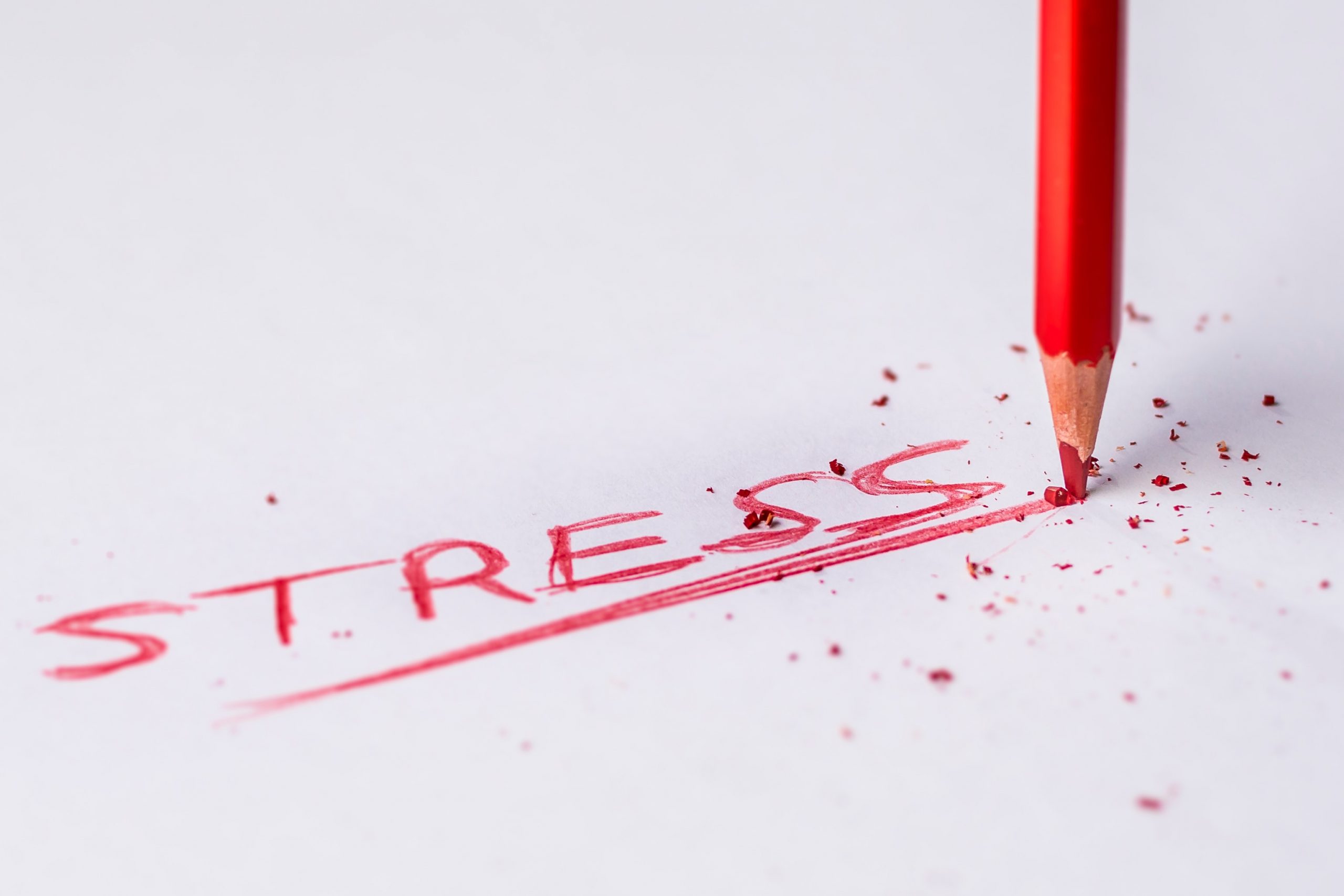
Poor adrenal function is something we discuss frequently because it can have a big impact on overall health and well-being, and it is also one of the most common undiagnosed medical issues. Poor adrenal function can be hard to diagnose because it shares symptoms with many other medical conditions, but it is important to know the symptoms. Let’s look at what the adrenal glands and cortisol do, some causes of low cortisol, and what we can do about it.
Adrenal Glands and Cortisol
The adrenal glands are two small glands located on top of each kidney, and they are responsible for producing several different hormones including cortisol and adrenaline. Cortisol is often called the stress hormone because it is released when we experience stress due to physical exertion, traumatic events, or even something as simple as running late. Cortisol also plays an important role in regulating metabolism and blood sugar, reducing inflammation and forming memories, but as with other hormones, it needs to be balanced. Many people have too little or too much cortisol, and both come with negative impacts.
Adrenal insuffiency, or poorly functioning adrenal glands, usually leads to low cortisol. Low cortisol can cause low blood sugar, loss of appetite, weight loss, fatigue, low blood pressure, nausea, abdominal pain, trouble sleeping, depression, anxiety, etc. Low cortisol can affect a person’s well-being and energy levels, making it difficult to exercise, be productive at work, and can make it difficult to perform small tasks like getting out of bed or going to the store.
Causes
The causes of adrenal insufficiency can be hard to pinpoint. Arguably the most common cause is chronic stress which can put a strain on the adrenal glands, eventually causing them to produce less hormones than they are supposed to. It may also be caused by an autoimmune disorder that affects the adrenal glands. If the autoimmune reaction targets the adrenals, it can damage them and prevent them from functioning correctly. Lack of sleep and a poor diet may also contribute to impaired adrenal function because it contributes to stress, and poor sleep and nutrition can make it difficult for your body to repair any damage that may occur.
What to Do?
There are some things you can do to help ensure your adrenals have the right nutrients to help them function correctly. This includes getting at least eight hours of sleep per night, drinking plenty of filtered water each day, eating a diet high in organic fruits and vegetables, avoiding processed food and excessive amounts of sugar, and supplementing with herbs and vitamins that help regulate adrenal function. Some supplements we recommend are:
- Adrenal Response Complete Care – Excellent formula containing adaptogenic herbs like ashwagandha that may help balance cortisol levels.
- Pantothenic Acid Complex – This formula contains Cordyceps, Rhodiola Extract, Eleuthero Extract, and Pantothenic Acid to help support adrenal function.
Having adrenal insufficiency can make the smallest tasks difficult to complete, but giving your adrenals the sleep and nutrients it needs can go a long way!
If you are experiencing serious symptoms, or have a sudden change in symptoms, you should see a doctor right away to rule out more serious conditions.
You can listen to our Common Signs of Adrenal Insufficiency podcast here. You can also listen to it on our YouTube channel here.





